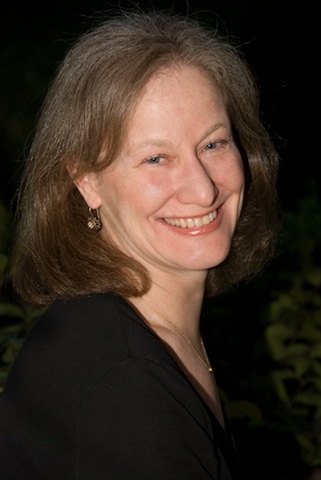
Jill Smolowe on Four Funerals and a Wedding
YZM: Four Funerals and a Wedding is not exactly a self-help book, yet you do offer a concrete model for dealing with grief.
JS: The most important lesson I took from the bereavement experience is that while loss is universal, grief is personal. The cultural script that kicks into place — the sympathetic pats, the furrowed brows, the worried questions that reinforce an assumption that you must be falling apart and unable to think or talk about anything but your sorrow — is sometimes not only an impediment to dealing effectively with sadness, but a peculiar burden unto itself. In Four Funerals I keep my focus trained on what specifically helped me to tolerate so much illness, loss and sadness. I offer my own assorted coping mechanisms not as a template but rather as an alternate picture of how grief, for many people, plays out. My intent is to expand awareness about the emotional repertoire that attends grief, not to tell anyone what his or her grief will or should feel like.
YZM: Did the traditional Jewish rituals provide any help or solace during this period?
JS: I am no longer observant and my husband was not Jewish, so Jewish rituals did not factor into either the way in which I buried Joe or how I dealt with my grief. But I was given a Conservative upbringing by a mother, who had been raised Orthodox, and by a father who has a strong Jewish identity, though he was raised without attachment to a congregation. When my mother died, one of her brothers, a Jewish educator, officiated at the funeral. Knowing that we were honoring my mother’s wishes — the swift burial, the traditional service — was comforting for my entire family.
YZM: You’re now a grief and transition coach; what does this role entail?
JS: I emerged with a desire to help others experience grief in their own way and move forward into the next phase of their lives. One means of doing that is coaching, an interactive process. I trained at an eight-month coaching training program that has given me a set of questioning, listening and analytical tools quite distinct from the ones I’ve employed throughout my journalism career.
YZM: “The intersection of grief and resilience” is a phrase that seems to describe the book you have written; how has it applied to you?
JS: On the day Joe died, we were in rural Pennsylvania, away from our home in New Jersey. Though Joe had battled leukemia and related complications for two-and-a-half years, his death was unexpected and shocking. One minute he’s eating eggs; the next minute he’s gone. After the EMTs carried his body out the door, I stood stock still for I don’t know how long thinking, “That’s one minute without Joe. That’s two minutes without Joe …” At some point I realized that if I was going to get my teenage daughter and myself home, I needed to move.
Slowly, task by task, I did the mundane things that required attention: washing the dishes, emptying the garbage, making the beds. As I numbly went through the motions, it came to me: Life goes on. It was, in its own way, deeply shocking. In coming days, I realized that this is how you deal with devastating loss: one minute at a time. And the more you engage with life, the more those minutes begin to flow into one other.
Until Joe died, I’d assumed that with death comes only sorrow. But as people poured into my house for what I thought of as my free-range Shiva, I found that my sorrow was interspersed with moments of levity, happiness at reconnecting with people I hadn’t seen in a while, deep gratitude for the support people were offering my daughter and me. Throughout Joe’s illness, I’d thought that if he died I’d have to re-imagine my whole life. What I saw during these early days of loss was that while there was a deep hollowing at my center, I still had a life rich with meaningful relationships.



